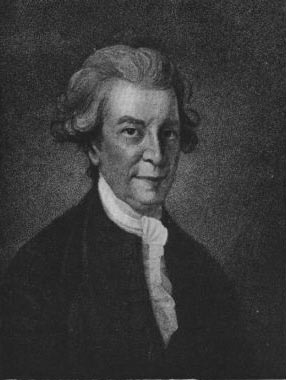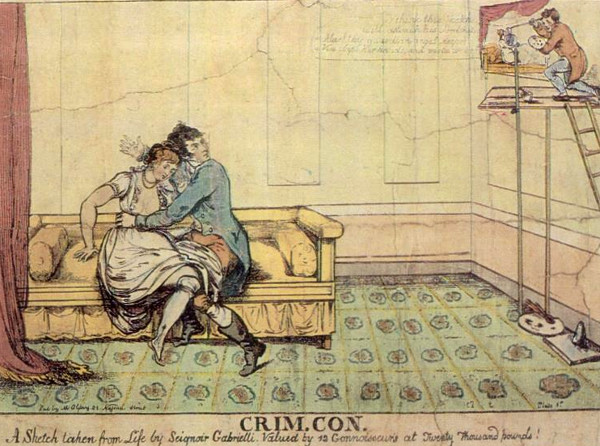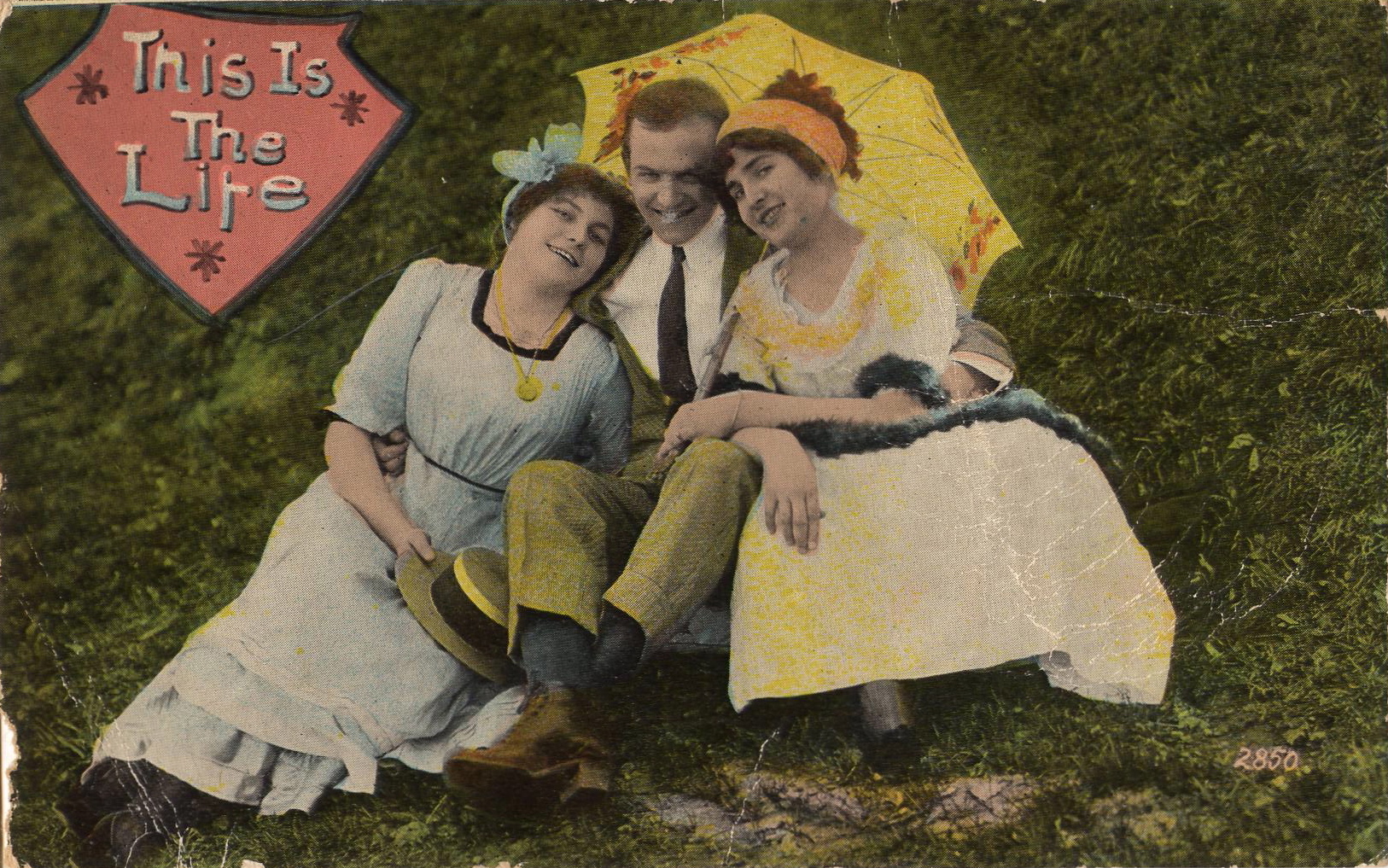|
Theophilus Cibber
Theophilus Cibber (25 or 26 November 1703 – October 1758) was an English actor, playwright, author, and son of the actor-manager Colley Cibber. He began acting at an early age, and followed his father into theatrical management. In 1727, Alexander Pope satirized Theophilus Cibber in his '' Dunciad'' as a youth who "thrusts his person full into your face" (III 132). On the stage, he was famous for playing Pistol in '' Henry IV, Part 2'', and some of the comic roles his father had played when younger, but unsympathetic critics accused him of overemphasis.Barker, p. 166 His private life later led Theophilus into bad reputation and scandal. He died in a shipwreck while bound for Ireland and a season in Dublin. Early life and career Theophilus Cibber was born during the Great Storm of 1703 and began acting in the Drury Lane Theatre at the age of 16 in 1721.Barker, p. 165 As a young man, Cibber was a notorious rake, and associated with young men of a similar mind and reputation, suc ... [...More Info...] [...Related Items...] OR: [Wikipedia] [Google] [Baidu] |
Jane Johnson (actress)
Jane Cibber ( Johnson; 1704/1706 — 1733) was a British stage actress.''The Routledge Anthology of Restoration and Eighteenth-Century Drama'', pg. XIII Life She was born in 1704 or 1706 as Jane Johnson. Her guardian was the writer Richard Savage. Originally appearing at Drury Lane Theatre as Jane Johnson, in 1725 she married Theophilus Cibber the son of actor-manager Colley Cibber.Koon p. 109 She had four children with him while continuing to act on the stage in a mixture of comedies and tragedies. When Elizabeth Younger defected to work for the Lincoln's Inn Fields Theatre company, she took over the roles she had been playing. In 1731, she played the title role in '' Caelia'' by Charles Johnson. She died after childbirth in 1733. Her husband said he would never remarry. He did in 1734. Selected roles * Polyxena in ''Hecuba'' by Richard West (1726) * Jenny in ''The Provoked Husband'' (1728) * Ianthe in '' Love in a Riddle'' (1729) * Cleone in ''Timoleon'' by Benjamin Martyn ... [...More Info...] [...Related Items...] OR: [Wikipedia] [Google] [Baidu] |
Thomas Sheridan (actor)
Thomas Sheridan (1719 – 14 August 1788) was an Irish stage actor, an educator, and a major proponent of the elocution movement. He received his M.A. in 1743 from Trinity College in Dublin, and was the godson of Jonathan Swift. He also published a "respelled" dictionary of the English language (1780). He was married (1747) to Frances Chamberlaine. His son was the better known Richard Brinsley Sheridan, while his daughters were also writers - Alicia, a playwright, and Betsy Sheridan a diarist. His work is very noticeable in the writings of Hugh Blair. Life Thomas Sheridan was the third son of Dr Thomas Sheridan, an Anglican divine, noted for his close friendship with Jonathan Swift, and his wife Elizabeth McFadden His parents' marriage was notoriously unhappy, and they lived apart much of the time. Thomas attended Westminster School in 1732–1733 but, because of his father's financial problems, he had to finish his initial education in Dublin. In 1739, he earned his BA fro ... [...More Info...] [...Related Items...] OR: [Wikipedia] [Google] [Baidu] |
Lord Chamberlain
The Lord Chamberlain of the Household is the most senior officer of the Royal Household of the United Kingdom, supervising the departments which support and provide advice to the Sovereign of the United Kingdom while also acting as the main channel of communication between the Sovereign and the House of Lords. The office organises all ceremonial activity such as garden parties, state visits, royal weddings, and the State Opening of Parliament. They also handle the Royal Mews and Royal Travel, as well as the ceremony around the awarding of honours. For over 230 years, the Lord Chamberlain had the power to decide which plays would be granted a licence for performance. From 1737 to 1968, this meant that the Lord Chamberlain had the capacity to censor theatre at his pleasure. The Lord Chamberlain is always sworn of the Privy Council, is usually a peer and before 1782 the post was of Cabinet rank. The position was a political one until 1924. The office dates from the Middl ... [...More Info...] [...Related Items...] OR: [Wikipedia] [Google] [Baidu] |
Tragedy
Tragedy (from the grc-gre, τραγῳδία, ''tragōidia'', ''tragōidia'') is a genre of drama based on human suffering and, mainly, the terrible or sorrowful events that befall a main character. Traditionally, the intention of tragedy is to invoke an accompanying catharsis, or a "pain hatawakens pleasure", for the audience. While many cultures have developed forms that provoke this paradoxical response, the term ''tragedy'' often refers to a specific tradition of drama that has played a unique and important role historically in the self-definition of Western civilization. That tradition has been multiple and discontinuous, yet the term has often been used to invoke a powerful effect of cultural identity and historical continuity—"the Greeks and the Elizabethans, in one cultural form; Hellenes and Christians, in a common activity," as Raymond Williams puts it. From its origins in the theatre of ancient Greece 2500 years ago, from which there survives only a ... [...More Info...] [...Related Items...] OR: [Wikipedia] [Google] [Baidu] |
David Garrick
David Garrick (19 February 1717 – 20 January 1779) was an English actor, playwright, theatre manager and producer who influenced nearly all aspects of European theatrical practice throughout the 18th century, and was a pupil and friend of Samuel Johnson. He appeared in a number of amateur theatricals, and with his appearance in the title role of Shakespeare's ''Richard III'', audiences and managers began to take notice. Impressed by his portrayals of Richard III and a number of other roles, Charles Fleetwood engaged Garrick for a season at the Theatre Royal, Drury Lane in the West End. He remained with the Drury Lane company for the next five years and purchased a share of the theatre with James Lacy. This purchase inaugurated 29 years of Garrick's management of the Drury Lane, during which time it rose to prominence as one of the leading theatres in Europe. At his death, three years after his retirement from Drury Lane and the stage, he was given a lavish public funeral at ... [...More Info...] [...Related Items...] OR: [Wikipedia] [Google] [Baidu] |
George Frideric Handel
George Frideric (or Frederick) Handel (; baptised , ; 23 February 1685 – 14 April 1759) was a German-British Baroque music, Baroque composer well known for his opera#Baroque era, operas, oratorios, anthems, concerto grosso, concerti grossi, and organ concertos. Handel received his training in Halle (Saale), Halle and worked as a composer in Hamburg and Italy before settling in London in 1712, where he spent the bulk of his career and Handel's Naturalisation Act 1727, became a naturalised British subject in 1727. He was strongly influenced both by the middle-German polyphony, polyphonic choral tradition and by composers of the Italian Baroque. In turn, Handel's music forms one of the peaks of the "high baroque" style, bringing Italian opera to its highest development, creating the genres of English oratorio and organ concerto, and introducing a new style into English church music. He is consistently recognized as one of the greatest composers of his age. Handel started three c ... [...More Info...] [...Related Items...] OR: [Wikipedia] [Google] [Baidu] |
The Relapse
''The Relapse, or, Virtue in Danger'' is a Restoration comedy from 1696 written by John Vanbrugh. The play is a sequel to Colley Cibber's '' Love's Last Shift, or, The Fool in Fashion''. In Cibber's ''Love's Last Shift'', a free-living Restoration rake is brought to repentance and reform by the ruses of his wife, while in ''The Relapse'', the rake succumbs again to temptation and has a new love affair. His virtuous wife is also subjected to a determined seduction attempt, and resists with difficulty. Vanbrugh planned ''The Relapse'' around particular actors at Drury Lane, writing their stage habits, public reputations, and personal relationships into the text. One such actor was Colley Cibber himself, who played the luxuriant fop Lord Foppington in both ''Love's Last Shift'' and ''The Relapse''. However, Vanbrugh's artistic plans were threatened by a cutthroat struggle between London's two theatre companies, each of which was "seducing" actors from the other. ''The Relapse ... [...More Info...] [...Related Items...] OR: [Wikipedia] [Google] [Baidu] |
Criminal Conversation
At common law, criminal conversation, often abbreviated as ''crim. con.'', is a tort arising from adultery. "Conversation" is an old euphemism for sexual intercourse that is obsolete except as part of this term. It is similar to breach of promise, a tort involving a broken engagement against the betrothed, and alienation of affections, a tort action brought by a spouse against a third party, who interfered with the marriage relationship. These torts have been abolished in most jurisdictions. The tort of criminal conversation was abolished in England and Wales in 1857; in Northern Ireland in 1939; in Australia in 1975; and in the Republic of Ireland in 1981. Prior to its abolition, a husband could sue any man who had intercourse with his wife, regardless of whether she consented – unless the couple was already separated, in which case the husband could only sue if the separation was caused by the person he was suing. Criminal conversation still exists in parts of the Uni ... [...More Info...] [...Related Items...] OR: [Wikipedia] [Google] [Baidu] |
Bridewell
Bridewell Palace in London was built as a residence of King Henry VIII and was one of his homes early in his reign for eight years. Given to the City of London Corporation by his son King Edward VI for use as an orphanage and place of correction for wayward women, Bridewell later became the first prison/poorhouse to have an appointed doctor. It was built on the banks of the Fleet River in the City of London between Fleet Street and the River Thames in an area today known as Bridewell Place, off New Bridge Street. By 1556 part of it had become a jail known as Bridewell Prison. It was reinvented with lodgings and was closed in 1855 and the buildings demolished in 1863–1864. The name "Bridewell" subsequently became a common name for a jail, used not only in England but in other cities colonised by Britain including Dublin, Chicago and New York. History Bridewell Palace The palace was built on the site of the medieval St Bride's Inn directly south of St Bride's Church at ... [...More Info...] [...Related Items...] OR: [Wikipedia] [Google] [Baidu] |
Kensington
Kensington is a district in the Royal Borough of Kensington and Chelsea in the West of Central London. The district's commercial heart is Kensington High Street, running on an east–west axis. The north-east is taken up by Kensington Gardens, containing the Albert Memorial, the Serpentine Gallery and Speke's monument. South Kensington and Gloucester Road are home to Imperial College London, the Royal College of Music, the Royal Albert Hall, Natural History Museum, Victoria and Albert Museum, and Science Museum. The area is also home to many embassies and consulates. Name The manor of ''Chenesitone'' is listed in the Domesday Book of 1086, which in the Anglo-Saxon language means "Chenesi's ton" (homestead/settlement). One early spelling is ''Kesyngton'', as written in 1396. History The manor of Kensington, in the county of Middlesex, was one of several hundred granted by King William the Conqueror (1066-1089) to Geoffrey de Montbray (or Mowbray), Bishop of Coutances in ... [...More Info...] [...Related Items...] OR: [Wikipedia] [Google] [Baidu] |
Ménage à Trois
A () is a domestic arrangement and committed relationship with three people in polyamorous romantic or sexual relations with each other, and often dwelling together; typically a traditional marriage between a man and woman along with another individual. The phrase is a loan from French meaning "household of three". Contemporary arrangements are sometimes identified as a throuple, thruple, or triad. Terminology This relationship type has elements of bisexuality involved, but usually at least one of the participants is heterosexual. Because this term is sometimes interchangeably used for a threesome, which solely refers to a sexual experience involving three people, it can sometimes be misrepresented as some type of perversion or casual encounter. However, the ''ménage à trois'' is a specific type of committed relationship, in which vows are often made. It doesn't apply to all polyamorous relationships with three individuals, since polyamory can have many different forms. T ... [...More Info...] [...Related Items...] OR: [Wikipedia] [Google] [Baidu] |
.jpg)









